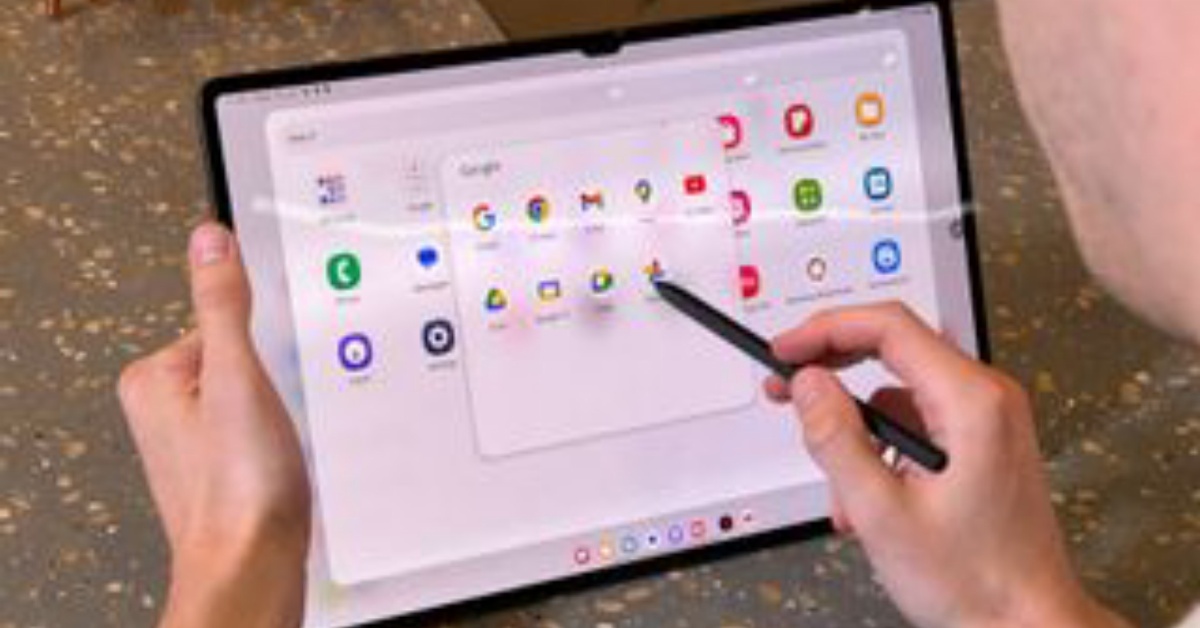The “One Tablet per School” (OTPS) initiative Sierra Leone, aimed at improving education through technology, has faced several challenges recently.
According to reliable sources, the procurement process has been marred with irregularities for which the World Bank raises eyebrows over the indiscretions at the Ministry of Basic Secondary School Education and the Free Education Project Secretariat over procurement process.
The initiative, which provides tablets to schools for monitoring attendance and enhancing learning, was designed to increase transparency and accountability in the education system. However, there have been reports of difficulties in implementation and sustainability, which might be causing concerns about its future.
With this arithmetical retrogression, hemmed with fraudulent conversion, It goes without saying that, State authorities should act to save turn blind eyes and deaf ears on the procurement gymnastics, intrigues and manipulations, there is the proclivity that the country stands at risk of losing the President initiative to improve education through technology and the Government stands at risk of losing millions of US Dollars. Despite several reforms have been to sanities the sector, corruption continues unabated at the expense of school pupils who stands to benefit from the project.
This is mainly attributed to the inaction or complicity by those in authority, thus emboldening fraudsters.
Recently, the Ministry of Basic and Senior Secondary Education (MBSSE) and the Free Education Project Secretariat (FEPS) have come under media scrutiny for malfeasance in procuring 6,061 solar-powered tablets. A dossier of files and other World Bank correspondences seen by this press revealed a fraudulent scheme allegedly orchestrated by Ambrose Sesay and Mohamed Kallon in favour of a Ghanaian company called Ducopro despite the latter failing to meet the technical requirements for the job. Sesay and Kallon work in the FEPS Project Secretariat.
In 2021, the Government of Sierra Leone realized a significant financial drain on its payroll due to an estimated 15% of teachers not actively teaching. To address this problem, the government then sought to implement an electronic teacher attendance system. The World Bank supported this initiative by funding the development of a teacher attendance tracking application and proposing the One Tablet Per School Initiative (OTPS) to facilitate its rollout. However, the initial contract for solar-powered tablets was canceled due to the delivered tablets not meeting the required specifications.
In 2022, the procurement process for the One Tablet per School Initiative was relaunched but was later cancelled due to pricing concerns, despite the World Bank’s recommendation to negotiate or seek additional funding.
Officials Ambrose Sesay and Mohamed Kallon allegedly attempted to manipulate the process in favor of Ducupro, a bidder that had not met the technical requirements.
The procurement process was relaunched again in 2023, but it was marred by manipulation and irregularities. Kallon, who was supposed to be an impartial secretary of the evaluation committed, actively advocated for Ducupro. Kallon insisted on conducting a one-man evaluation on Ducupro regardless the Procurement Committee’s objection, and proceeded to award them a fabricated score of 100%.
This demonstrates a disregard for the competitive bidding process and raises concerns about potential corruption.











